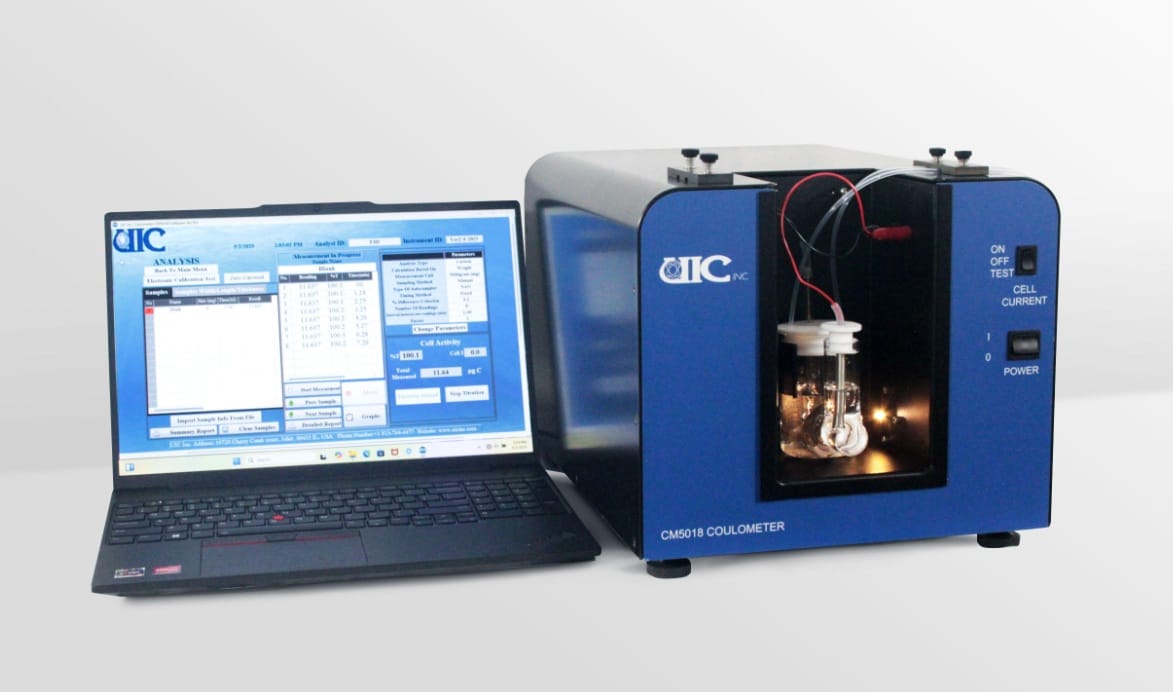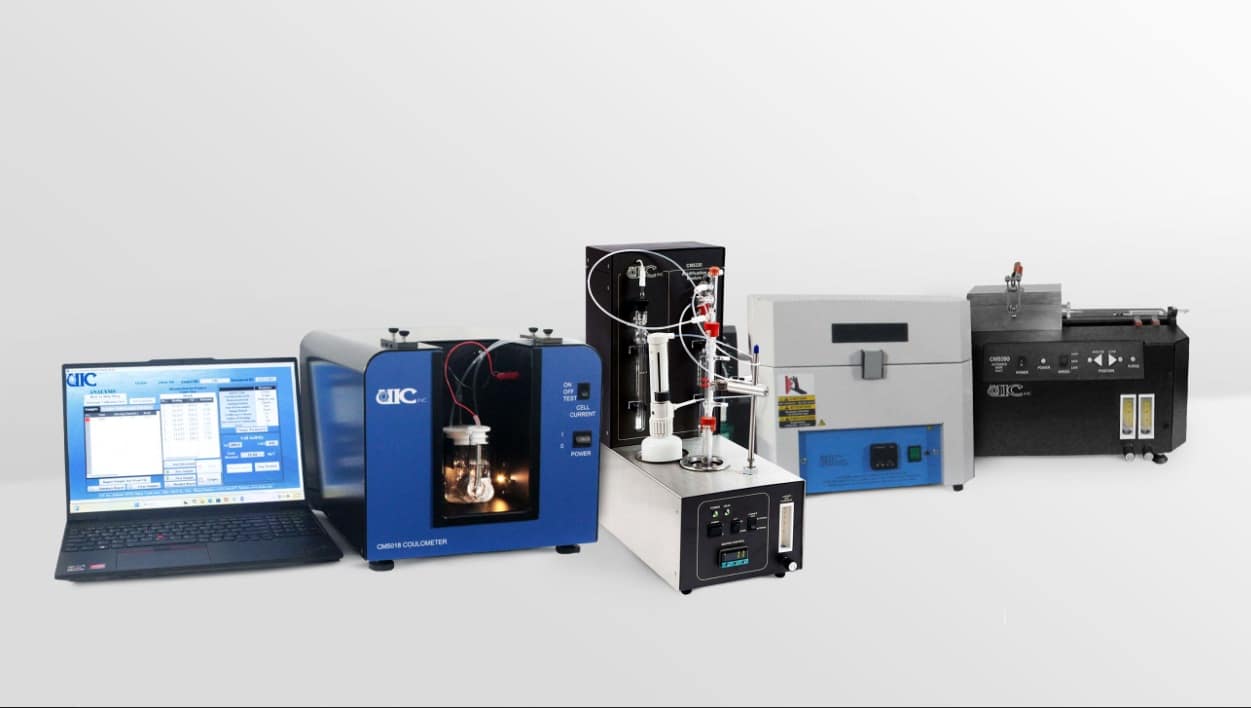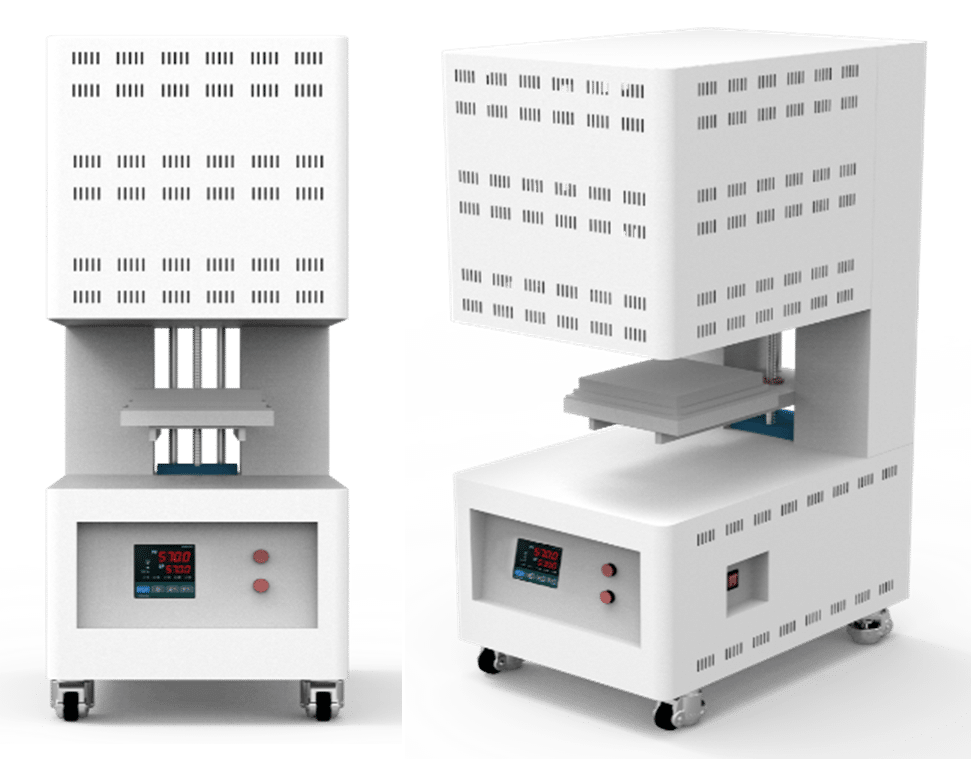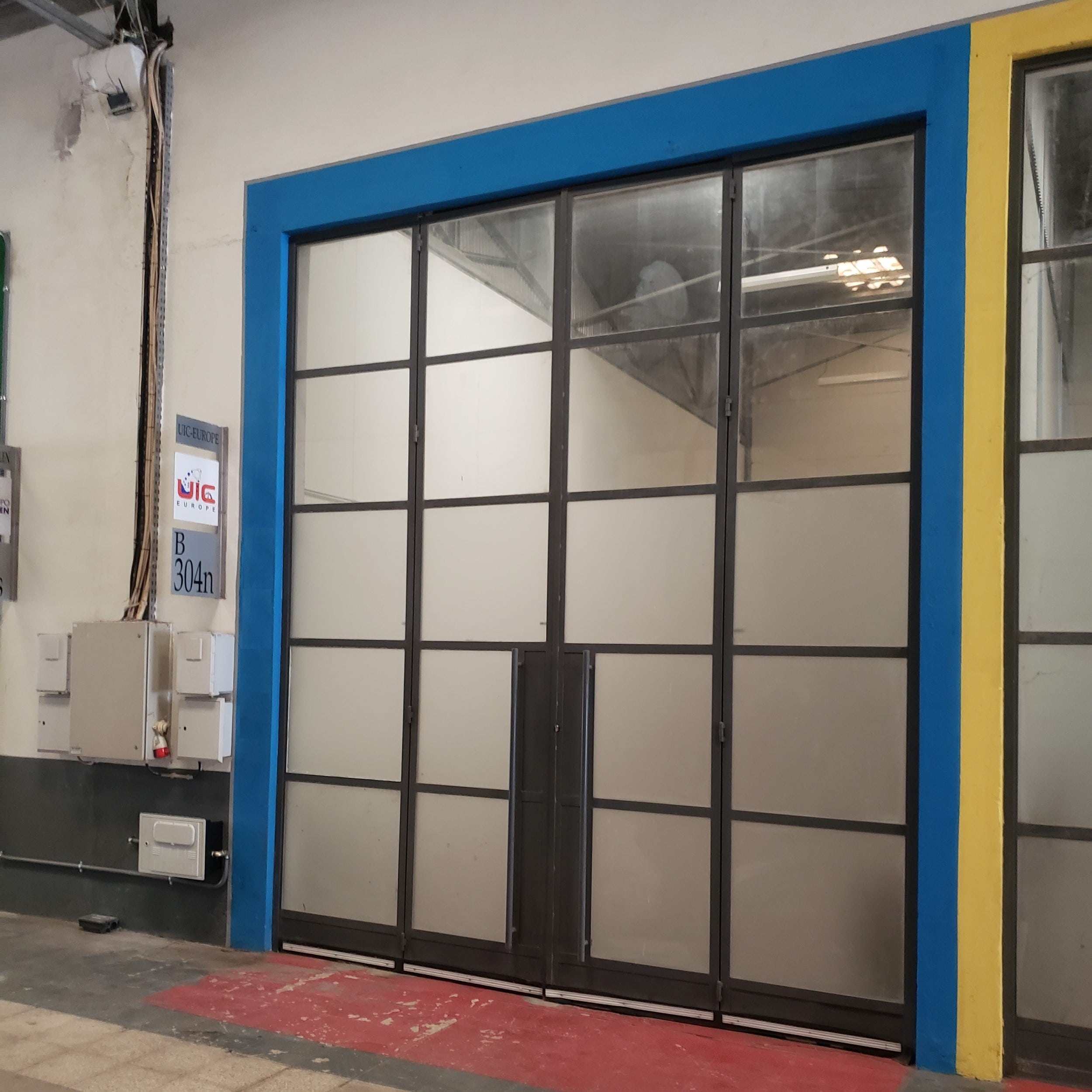CM5018 Coulometer – Precision Meets Modern Performance
Discover the next generation in carbon analysis with the CM5018 Coulometer. Engineered for high-precision labs, it delivers superior accuracy, expanded capacity, and advanced software integration — all with a user-friendly interface. Say goodbye to calibration downtime and hello to faster, more reliable results.
Why upgrade?
CM5018 Coulometer offers 3000 readings per sample, Windows-based data management, flexible reporting, and seamless connectivity — making it the smart successor to the CM5017. Ready to future-proof your lab?


Carbon and Sulfur Measurements
The primary products for UIC Inc. are the coulometric carbon and sulfur analysis systems. These systems are used extensively by universities, geological and oceanographic research centers, petroleum industry, and cleanliness verification markets.

Furnaces
Muffle and Elevator Furnaces for laboratory uses. Ideal for ashing, reduction, calcination, sintering, application of coatings, and other processes.
Latest
Insights


Products and Markets
Coulometric systems, furnaces, pipettes and pipette tips
View Article
Services
Sample
Measurement
Analytical Research
and problem solving
Testimonials
University of East Anglia
My team at the University of East Anglia uses 2 coulometers model CM5011 for determining the total dissolved inorganic carbon concentration (known as TCO2, DIC, TC) in seawater. The coulometers are ~25 years old but are still performing well.
Veberod gem gallery
As a chemical oceanographer working on understanding impacts of ocean acidification on tropical coral reefs, measuring marine properties like Dissolved Inorganic Carbon (DIC) with high precision and accuracy, is vital for our research.
National oceanography center
We use two UIC coulometers for analyzing seawater samples for the accumulation of anthropogenic CO2 emissions throughout the water column (0- 6500m depth) across entire ocean basins (North/South Atlantic, Southern Ocean). We are constantly amazed at the precision and performance of the instruments.
Laboratorio de Analisis Ambiental Universidad Nacional
This is our first experience (around 1 year of continuous use) using coulometric detection for carbon analysis, we were used only to the classic TOC analysis that uses NDIR detection. So far, I prefer coulometric detection! It’s faster, more precise, and trustworthy. What I like the most is the fact that it doesn’t need detector calibration like the NDIR detectors.